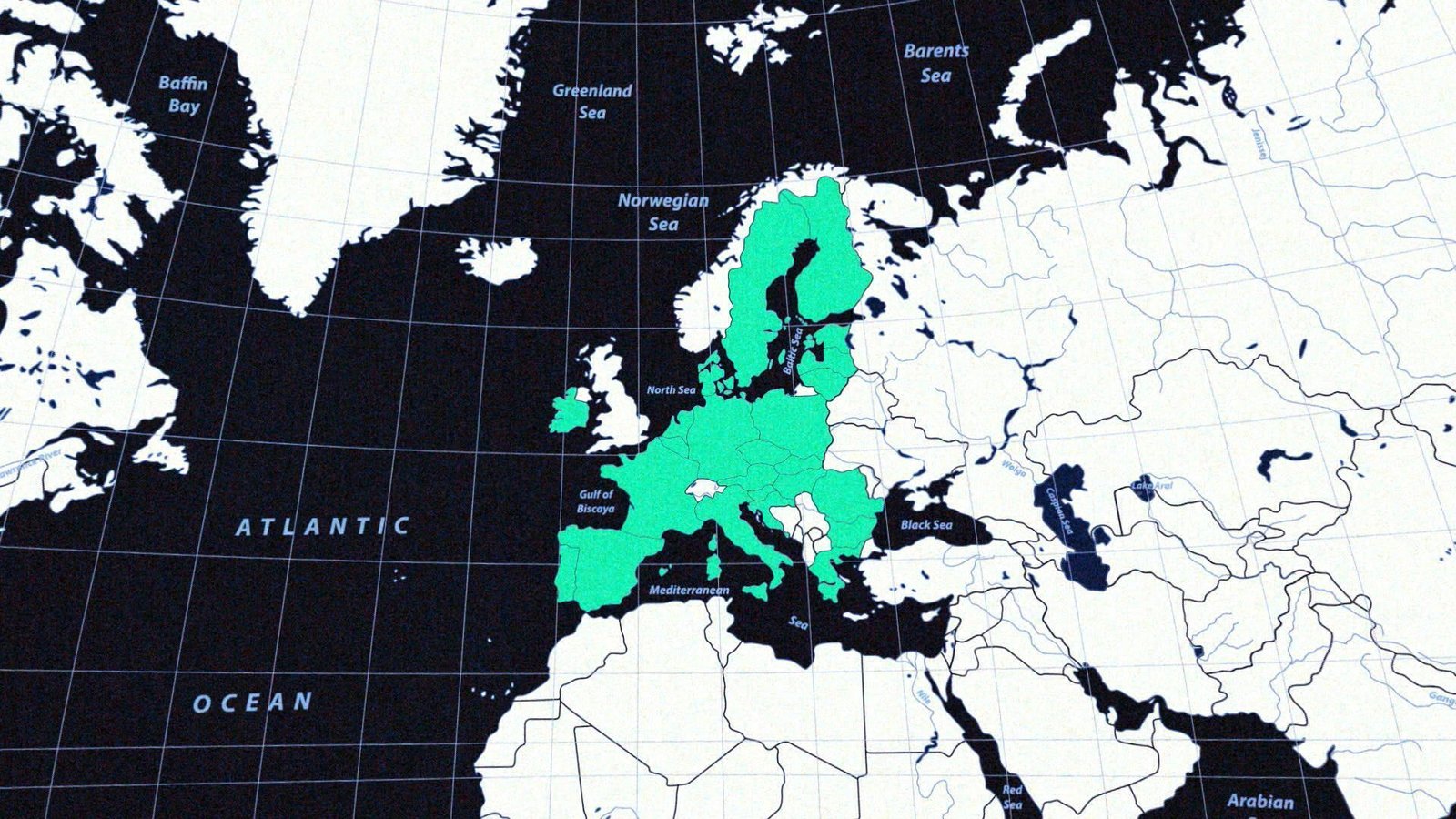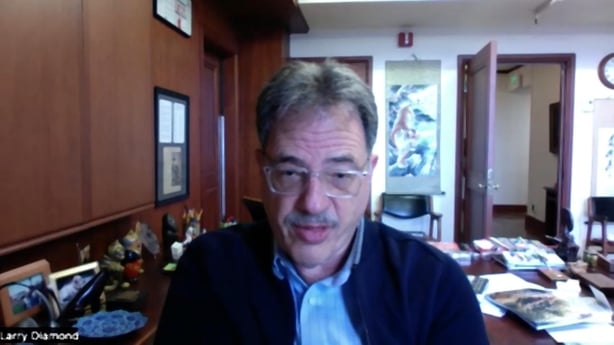Can democracy survive a year of global elections?

Around four billion people, half the adult population of the globe, will have the chance to vote in 2024, far more in one year than ever before.
But in which direction is democracy headed? Will the next 12 months amplify a slide away from liberal politics or consolidate its progression?
The month of January is named after Janus, the Roman god of beginnings and transitions. Depicted as a two-faced entity, facing both forwards and backwards, it’s an appropriate image for the first month of the year, but relevant too for the political landscape.
The fate of a host of politicians will be decided this year, in older democracies like the United States of America and the United Kingdom, tiny nations such as Palau and San Marino, and huge voting blocs like the European Union where a population of more than 400 million will have their say on a new European Parliament.
The first election of the year is in Bangladesh where incumbent Prime Minister Sheikh Hasina is expected to win a record fourth term this weekend. Ballots will follow in more than 60 other countries, including the world’s largest democracy India.
Millions will cast their vote enthusiastically but are free elections a sufficient guide to a democracy’s health? There are concerns about the Indian political system and the institutions that uphold it.
The term “democratic recession” was coined by Stanford professor Larry Diamond who told Prime Time that democratic backsliding in some countries is driven by factors such as inequality, polarising social media, and leaders seeing others moving towards authoritarianism with relative impunity.
“India is in a grey zone between democracy and competitive authoritarianism but other countries, like Bangladesh, Turkey and Hungary have crossed the line into competitive authoritarianism,” the Stanford professor said.

The principal opposition in Bangladesh isn’t taking part in the election and in India businesses are intimidated from contributing to the opposition because they fear reprisals from the ruling party, according to Prof Diamond.
“At what point do we say that these elections, while they’re multiparty and competitive, are no longer democratic?”
2024 will be an enormously challenging year on both sides of the Atlantic, according to Professor John O’Brennan, Chair of European Integration at Maynooth University.
“I think it’s potentially a terrifying year,” Prof O’Brennan said.
There are fears for the stability of the US system, and a potential rise of populist parties in the European Parliament elections. Far right parties could become the largest block in Brussels, according to Prof O’Brennan.
While right-wing politicians have yet to make a significant political breakthrough in Ireland, “polling in 15 out of 27 EU states shows that the far right is on 20% or above,” he said.
Two right-wing groupings, Identity and Democracy and the European Conservatives and Reformists could, despite previous divisions, coalesce into a powerful faction, he said.
“They have the capacity to ensure that the legislative system in the EU comes to a complete standstill. That’s potentially the most serious consequence.”
Far-right politicians could, Prof Brennan added, secure representation in the European Commission.
Although democratically elected, “the biggest danger is what these parties potentially might do to the checks and balances that govern politics,” he said.

In the US it’s expected that the presidential election will be a rerun of the 2020 contest.
“I’m frightened and I think people who really understand the political landscape here in the United States and what is at stake are frightened,” Stanford Professor Larry Diamond said.
Prof Diamond and others are worried that a second Trump presidency will be more extreme than the first, particularly given the expected absence of more moderate advisors.
Trump supporters are planning a “focused, vengeful retaliation against his opponents and (democratic) checks and balances should he win the presidency,” he added.
“If Trump is elected, we will face a crisis of American democracy not seen since the Civil War.”
The Global State of Democracy Initiative from the International Institute for Democracy and Electoral Assistance found recently that half of all countries in the world have seen declines in at least one indicator of democracy over the past five years.
Leaders, such as Viktor Orbán in Hungary, who have won power in genuinely democratic elections but then overseen illiberal policies, will have emboldened others in a “snowball effect,” Prof Larry Diamond said.
A playbook is emerging of assaults on the independence of the judiciary and civil service, and the politicisation of institutions like public prosecutors, tax authorities and regulatory agencies.
“When weaponised for political purposes by authoritarian-minded governments, these institutions can be instruments of political intimidation, repression and authoritarian control.”
Social media has proved to be a key threat to democracy, the professor added.
“It’s not coincidental that democracy began to decline, and societies began to become more amenable to the appeals of identity-driven populism, just as social media was really gaining traction,” Prof Diamond said.
“We have become much more divided, more fearful and more prone to suspicion, fear and conspiracy theories.”
But the recent elections in Brazil and Poland are a cause for optimism, he added.
“We can take heart in the defeat of a nasty illiberal populist, Jair Bolsonaro and the stunning electoral victory of the coalition led by Donald Tusk.
“There’s still a lot of energy, vitality and resilience to democracy globally.”
Prof O’Brennan believes while electoral success isn’t inevitable for the far right in Europe or for President Trump “the trajectory is very frightening”.
“It will depend on the ability of democratic forces to mobilise people,” he said.
“The more engagement of people on both sides of the Atlantic, the better.”
The two faces of the Roman God Janus reflect a crossroads. Four billion people will have their say in which direction democracy goes.





